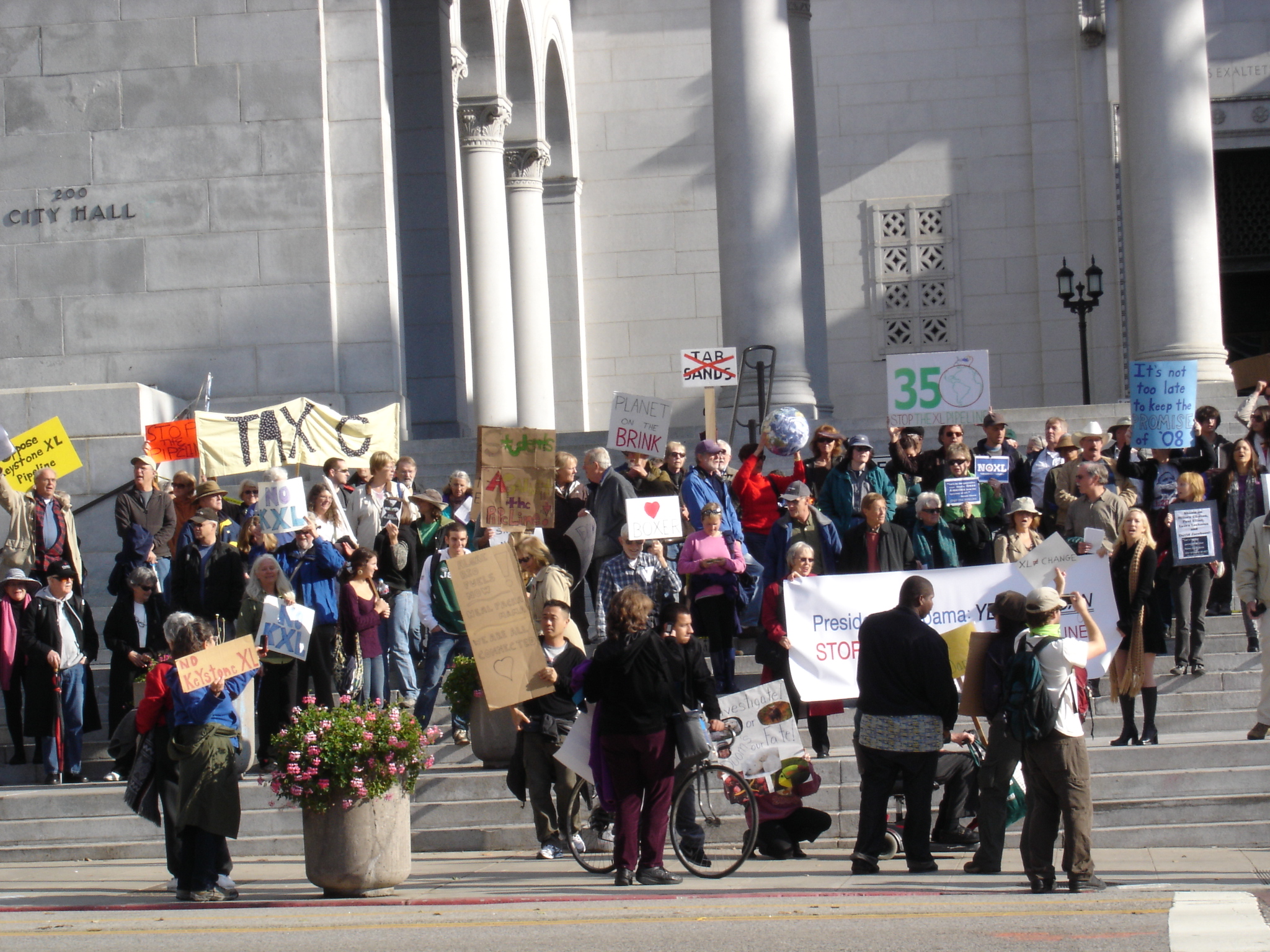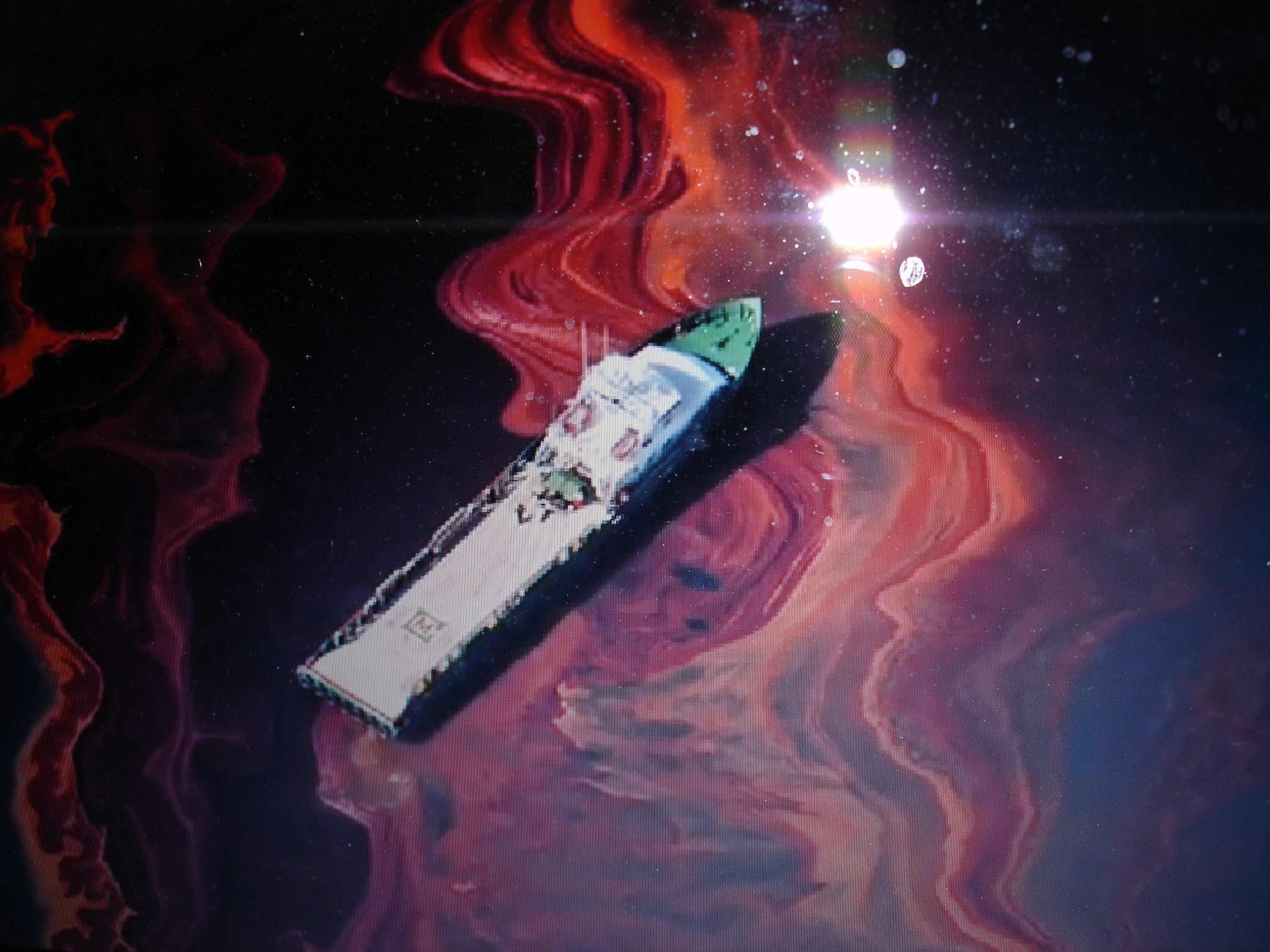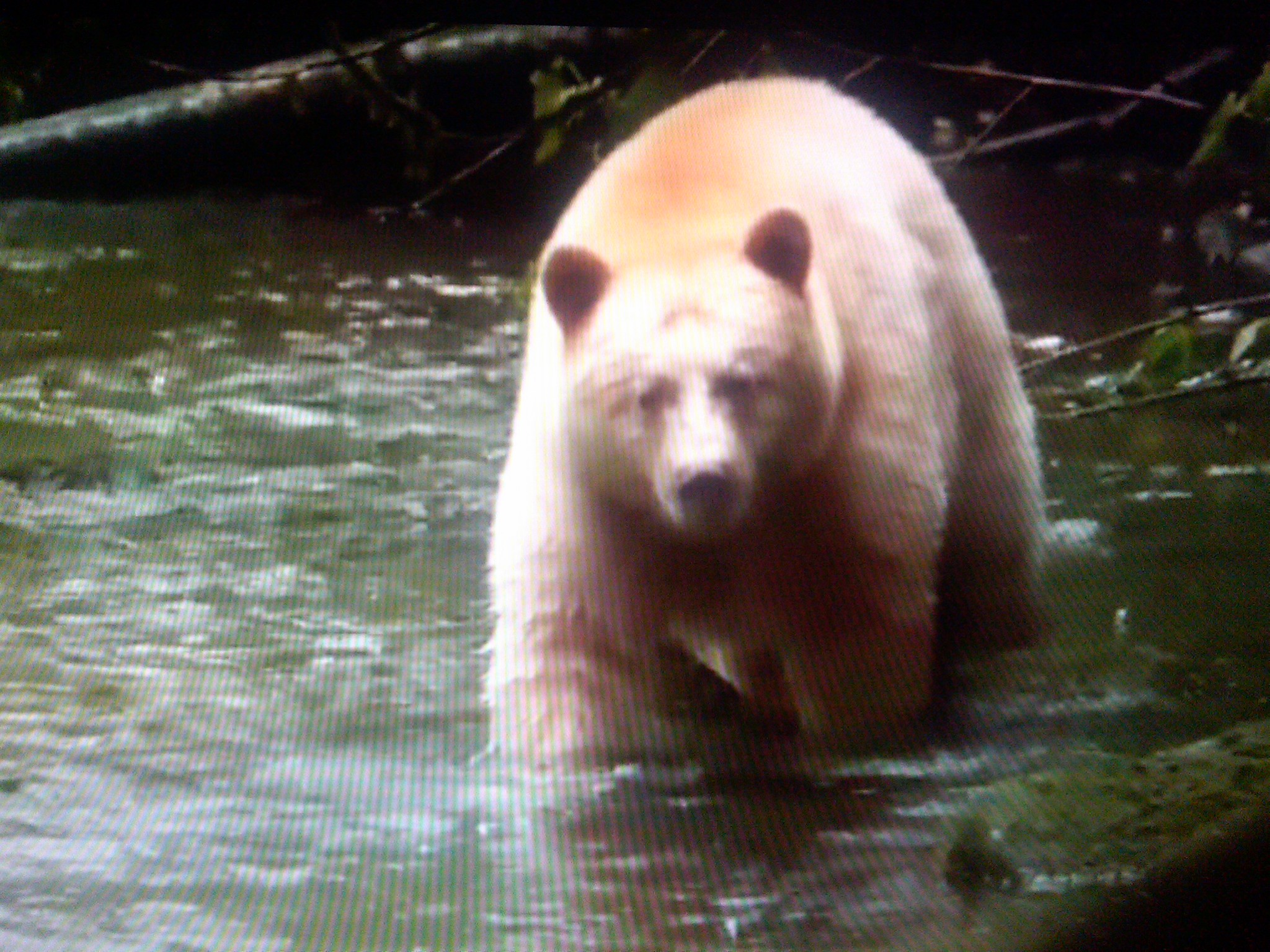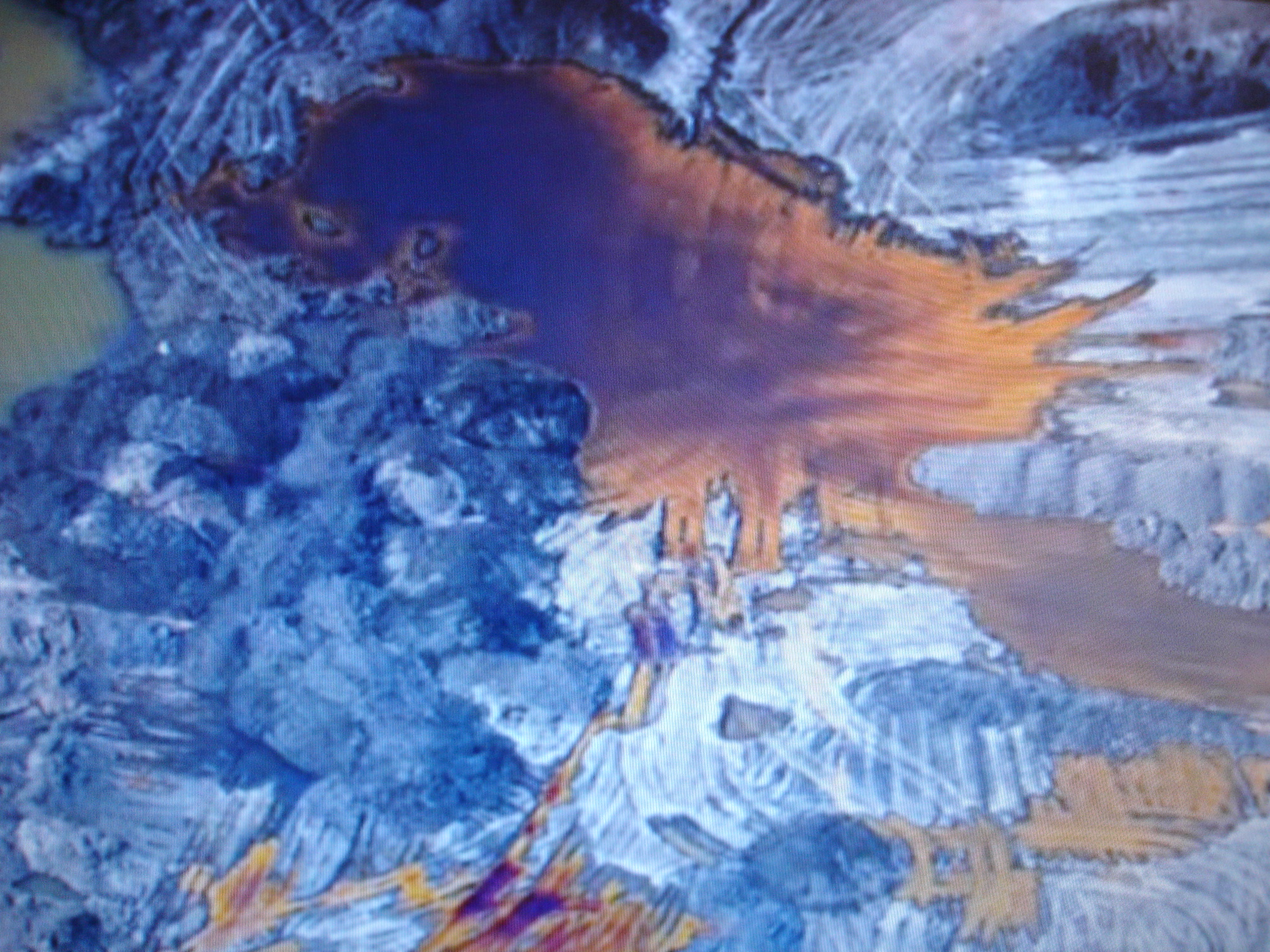While thousands surrounded the White House, a hundred people marched through downtown Los Angeles in solidarity calling for Obama to reject the 1,700-mile tar sands oil pipeline from Alberta, Canada to the Gulf Coast.
Tar Sands
Tar sands, oil sands or, more technically, bituminous sands, are a type of unconventional petroleum deposit. Tar sands are found mainly in Canada, but also in parts of Utah, Russia, and Venezuela. Mining, processing, transporting, refining and burning of tar sands has massive impacts to ecosystems, air and water quality, indigenous and marginalized communities, the global climate, and requires significant energy to break it down and ship it to the world. The movement of multinational oil companies toward this thick, heavy unconventional and hard to refine crude signals desperation, and with its significant impact on global greenhouse gas levels, presents a major threat to the stability of the world climate. WilderUtopia has partnered with Tar Sands Action Southern California to stop this deadly product from reaching global oil markets and heating the climate beyond tipping points.
Tar Sands Documentary: White Water, Black Gold
Canada is the number one oil supplier to the US and is pushing to increase that role using the Alberta Tar Sands, slated to mine and strip an area of Boreal Forest the size of Florida, impacting land resources and indigenous communities, producing bitumen-crude that will foul the global climate.
SpOIL: Tar Sands Pipelines Threaten Great Bear Rainforest
The Enbridge Inc. Northern Gateway Pipelines project threatened British Columbia’s Great Bear Rainforest, home to thousands of species of plants and animals and the Kermode white spirit bear, enabling the destructive Alberta oil sands mining project. The project is dead, but tar sands are still being mined, shipped and burned, destroying ecosystems and the climate.
World’s Dirtiest Oil – Alberta Tar Sands
The world’s dirtiest oil is produced by strip mining the Athabascan Tar Sands of Alberta, Canada, destroying an area of Northern Boreal forest and wetlands the size of Florida, with toxic settling ponds that pollute rivers fished by First Nations people, requiring pipelines to the Gulf Coast and hauling routes through the Northern Rocky Mountains.




